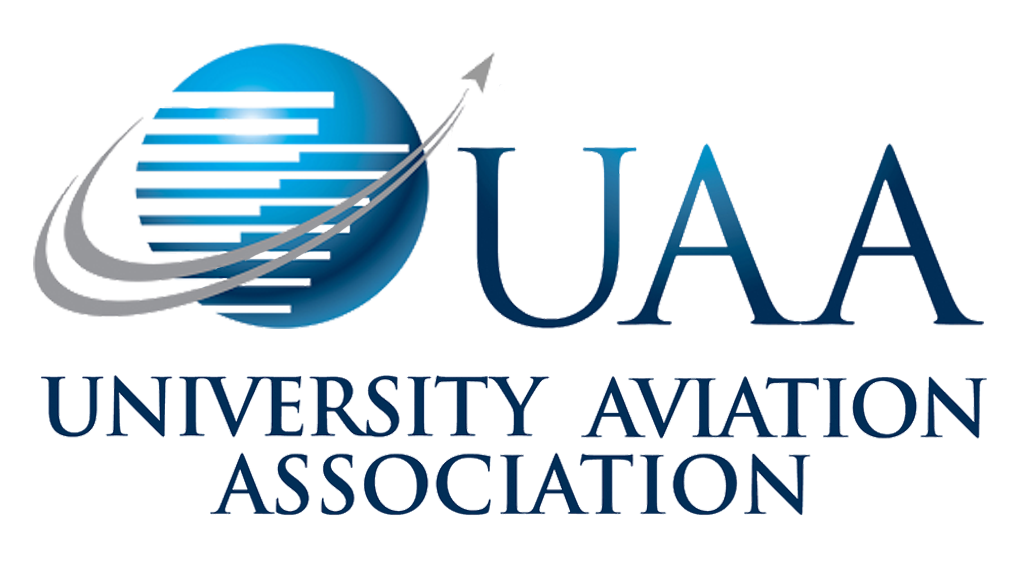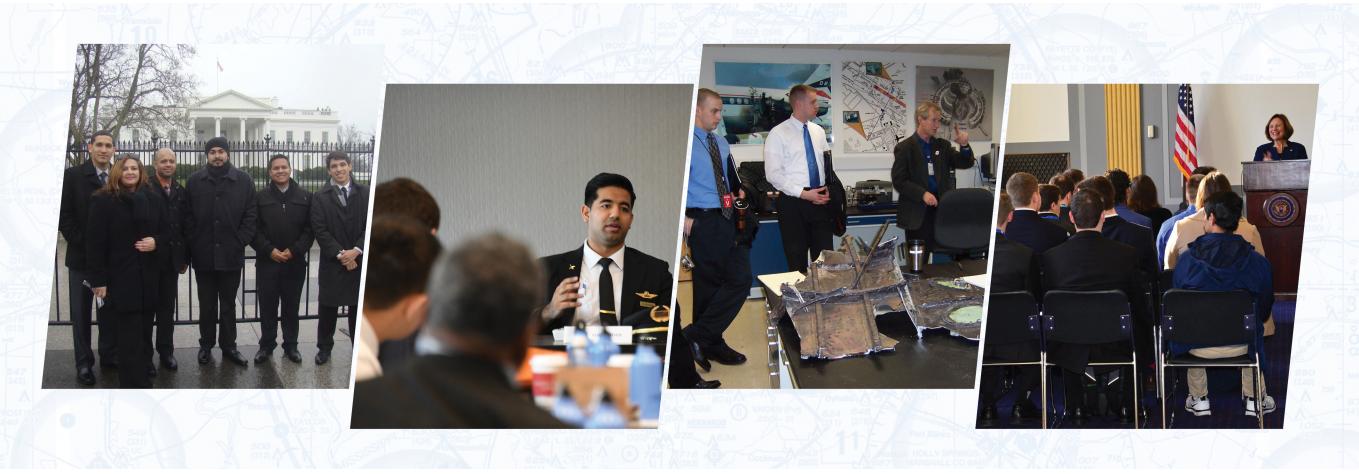Choosing a School

Financial Aid
Approximately two-thirds of all aviation students receive some form of financial aid. Some sources of financial aid include: Federal and State grants and loan programs; Collegiate institution-supported grant, foundation, tuition-waiver, scholarship and student-work programs; departmental scholarships; and Alumni Association scholarships for children of alumni from specific institutions or for specific majors.
To obtain information on these and other sources of financial aid, students should contact the financial aid office at the institution they are planning to attend. Complete the financial aid application and any related institutional applications. This should result in a financial aid package with the forms of financial aid available for which the student is eligible. Some institutions have incentive scholarships for highly qualified applicants. Applicants should also contact the department within the university to which they are enrolling to determine if there are any scholarships, flight instructor positions (if qualified), or paid internships available through the department/school. For a list of aviation department contacts at UAA member institutions, see the Colleges and Universities page of our Web site.
Transferring Credit
Students who have earned an associate degree, or finished some academic coursework toward a degree, may want to pursue a bachelor’s degree. If not returning to their original institution, some coursework may not transfer to the new institution. The transfer credits accepted varies by institution. The key to getting as much credit as possible for previous coursework is to provide as much documentation of the coursework as possible. A transcript that documents coursework will need to be provided to the new institution for evaluation. If enrolling in a program with a desire to transfer at a later date, it is recommended that you verify which courses will transfer. Be aware that there may be a minimum number of credit hours required in order to receive a degree from the institution.
Credit for Work Experience
Some institutions may accept credit for aviation-related work experience-military or civilian. Documentation of the experience from the student’s employer is key to obtaining credit. Typically, the greater an individual’s career progression and the closer it is related to the degree being pursued, the larger the credit awarded.
Credit for Formal Military Coursework
For people who began their careers in the military, an academic degree program may be the next step toward pursuing a civilian aviation career. Most formal, technical coursework offered by the military has been evaluated by the American Council on Education for academic credit. Some institutions accept this credit upon satisfactory documentation such as military transcripts, certificates of training and the DD 214. The military credit accepted varies with each individual institution.
Credit for FAA Certificates
Some colleges and universities will grant credit for pilot, mechanic and other Federal Aviation Administration (FAA) airman certificates toward aviation degree requirements. Many institutions will award credit for a private pilot certificate. Some institutions will award credit for advanced ratings and certificates. Institutions have varying credit award policies, credit amounts, and rules about how and where credit can apply. Credit will usually be awarded once the student is in attendance and he or she passes any required competency examinations.
Specialized Accreditation
Specialized and professional accreditors, like the Aviation Accreditation Board International (AABI), accredit degree-granting programs in particular disciplines or program areas. Specialized accreditors review programs or schools/colleges within institutions.







